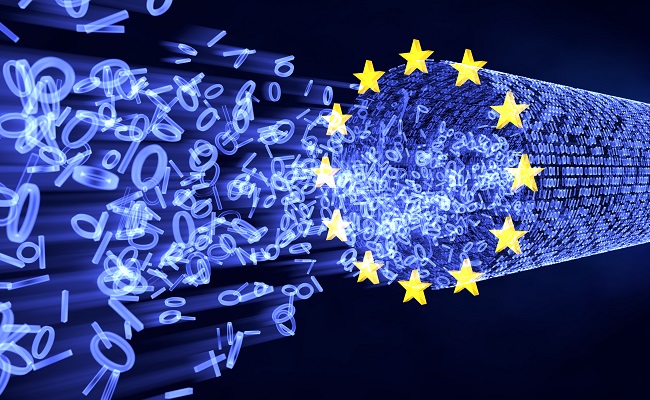Microsoft took the wraps off a new initiative offering European governments free access to a cybersecurity support programme, aiming to strengthen cyber resilience against rising AI-driven threats.
In an evolving landscape of AI-driven cybercrime, Microsoft flagged rising attacks on European networks, warning of credential theft, espionage, and ransomware operations targeting both governments and academic institutions.
In response, the new initiative introduces three core goals: increasing AI-based intelligence sharing with European governments, investing in cybersecurity capacity and resilience, and expanding partnerships to disrupt cybercriminal operations.
All 27 EU member states, EU accession candidates, European Free Trade Association (EFTA) countries, the UK, Monaco, and the Vatican will receive free access to the programme. Microsoft said participating governments will benefit from real-time threat updates, insights into foreign influence campaigns using deepfakes, and early vulnerability alerts.
The programme focuses on improving intelligence sharing and defence against mounting cyberattacks, many of which the company said have been linked to state-sponsored actors from China, Iran, North Korea and Russia.
In a blog post, Microsoft president and VC Brad Smith said the company will “remain a trusted and steadfast partner to Europe in securing its digital future,” highlighting that AI will be central to detecting and countering threats.
Speaking to Reuters, Smith added: “Our goal needs to be to keep AI advancing as a defensive tool faster than it advances as an offensive weapon.”
The executive also told the publication that while deepfake videos have made headlines, audio manipulation has so far proven easier and more influential. Among such AI-powered deepfakes are a fake audio clip that affected Slovakia’s 2023 election and a 2022 video showing a fabricated surrender to Russia by Ukrainian President Volodymyr Zelensky.
As part of its latest initiative, the company is also embedding staff at Europol’s cybercrime unit in The Hague and ramping up support for NGOs through its renewed partnership with the CyberPeace Institute.
